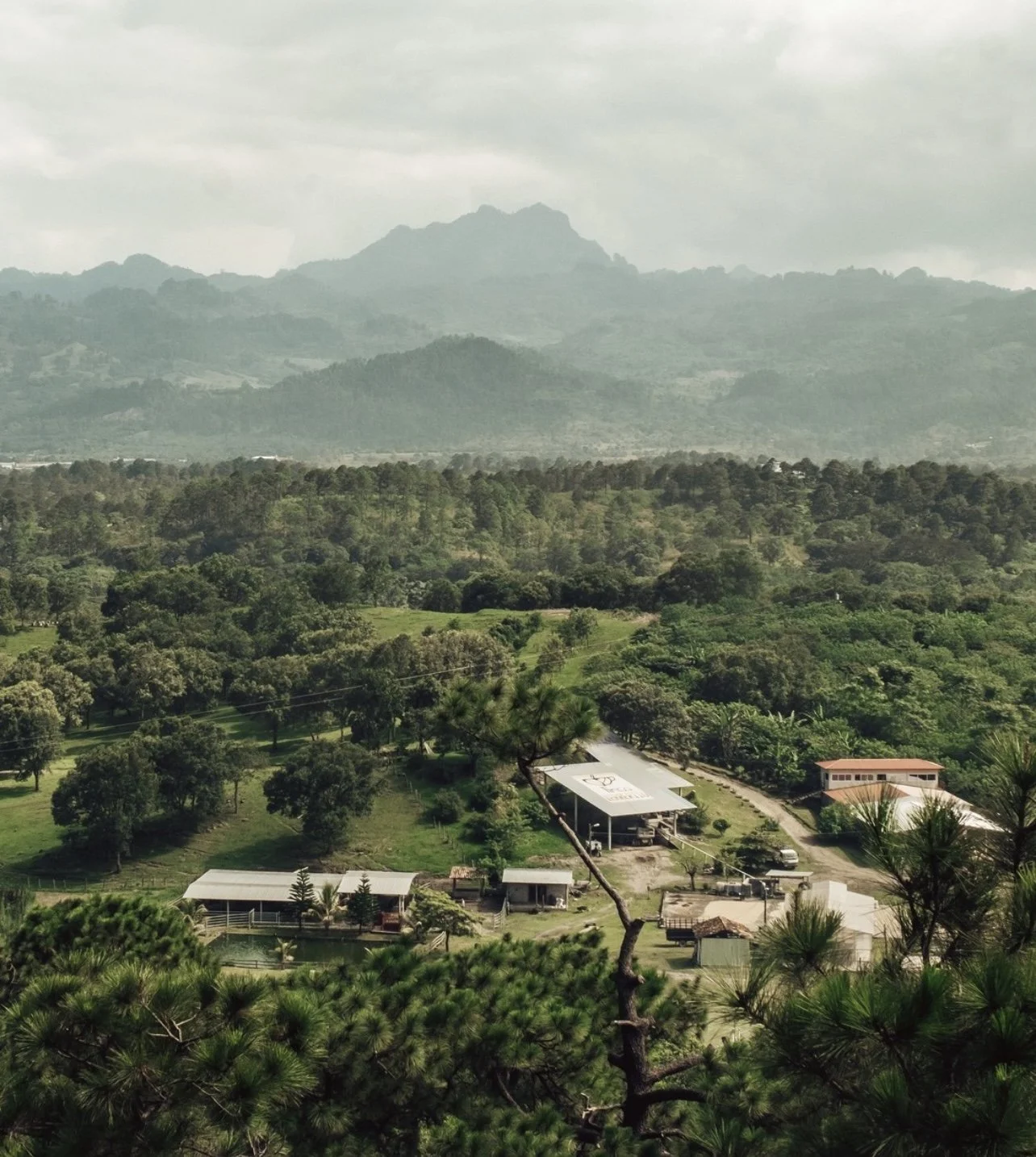Exploring the Rich Flavors of Honduras Coffee
Honduras is known for its rich coffee culture and the high-quality beans it produces. With its ideal climate and fertile soil, the country has become one of the top coffee producers in the world. In this blog post, we will explore the rich flavors of Honduras coffee and delve into the factors that contribute to its unique taste. From the growing conditions to the processing methods, we will uncover the secrets behind the delicious cup of coffee that Honduras has to offer.
The Growing Conditions
Altitude
The high altitude of Honduras contributes to the unique flavors of its coffee beans.
Coffee plants grown at higher altitudes tend to have a slower maturation process, resulting in more complex flavors.
Climate
The tropical climate of Honduras provides the perfect conditions for coffee cultivation.
The combination of warm temperatures and consistent rainfall allows the coffee plants to thrive.
Soil
The volcanic soil in Honduras is rich in nutrients, providing the coffee plants with essential minerals.
This nutrient-rich soil contributes to the depth and complexity of the flavors found in Honduras coffee.
The Varieties of Coffee
Arabica
Arabica coffee is the most common variety grown in Honduras.
It is known for its smooth and balanced flavors, with notes of chocolate, caramel, and citrus.
Catuai
Catuai is a popular coffee variety in Honduras, known for its bright acidity and fruity flavors.
It is often used in blends to add complexity and depth to the final cup of coffee.
Pacas
Pacas is a unique coffee variety that originated in Honduras.
It is known for its sweet and nutty flavors, with hints of caramel and chocolate.
The Processing Methods
Washed Process
The washed process is the most common method used to process coffee in Honduras.
It involves removing the outer skin and pulp of the coffee cherries before fermenting and washing the beans.
This method results in a clean and bright cup of coffee with pronounced acidity.
Natural Process
The natural process, also known as the dry process, involves drying the coffee cherries with the beans still inside.
This method allows the flavors of the fruit to infuse into the beans, resulting in a sweeter and fruitier cup of coffee.
Honey Process
The honey process is a hybrid method that combines elements of both the washed and natural processes.
It involves removing the outer skin of the coffee cherries but leaving some of the sticky fruit pulp intact during drying.
This method creates a unique flavor profile, with a balance of sweetness and acidity.
Conclusion
Honduras coffee offers a wide range of flavors, from the smooth and balanced notes of Arabica to the bright acidity of Catuai. The growing conditions, varieties of coffee, and processing methods all play a role in shaping the unique taste of Honduras coffee. Whether you prefer a clean and bright cup or a sweeter and fruitier brew, exploring the rich flavors of Honduras coffee is sure to be a delightful experience.


